For media inquiries: media@faithinpubliclife.org
To Those With the Power to Lead Us Toward Peace:
As faith leaders representing different traditions, we are united in our understanding that our highest spiritual expression is loving our fellow human beings. As leaders who are invested in interrupting violence and working toward a culture of peace, we urge you – and all people in positions of authority – to cease using your power to advance political violence and to instead leverage your influence toward love and liberation.
Over the last several election cycles in the U.S., we have seen a rise in vitriol against voters, election workers, elected officials, and the public. Political violence – including both electoral violence and identity-based violence – is becoming normalized, even dismissed, by those who are charged with representing our collective interests.
While the problem of political violence has always been present in the U.S., it has escalated even further in the wake of the events of October 7th, 2023. Hamas’ horrifying attack and hostage-taking on Israeli civilians and the Israeli government’s subsequent war against Hamas which has killed and displaced thousands of Palestinian civilians have contributed to a rise in Islamophobic and Antisemitic hate crimes (including against children). We have also seen students on college campuses being forcibly removed from peaceful protests and political candidates’ rhetoric becoming increasingly divisive.
This most recent surge of political violence across the country is an extension of the longstanding attempts to suppress voters of color and Indigenous voters, marginalize LGBTQ+ people, criminalize immigrants, and silence women. When political violence is normalized against one group of people, it emboldens violence against others. When courts become sites of harassment, it is then acceptable to take aim at hospitals. When places of worship are targeted, schools become more vulnerable.
History teaches us that this polarization can be especially dangerous, and even deadly, during our electoral process. Harassment and intimidation of election workers (80% of whom are women),conspiracy-fueled violence against elected officials and their families, swatting of elected officials and judges across party lines, and attacks on the families of public figures are all on the rise. An “us versus them” mentality has once again taken root inside our communities and neighborhoods, and it is up to all of us – as leaders with elected, appointed, or bestowed authority – to intervene on behalf of the connection we share as children of the Divine.
This moment requires deliberate action from those in leadership positions to remind us of our values and model how to show up in the world and with one another.
It is tempting to use power to create perceived order and safety by oppressing others or controlling those with opposing viewpoints. And too many leaders are yielding to that temptation, calling for and exacting violence with the resources and authority they control. Yet our faith traditions agree that we are not called to abuse our power, but to use that power for the betterment of the greater good. In reality, we are called and compelled in difficult times to point toward abundant life, to remember that we are all loved by the Divine, and to reflect that Divine love to one another. We must use our collective leadership to create conditions that allow everyone to thrive and demonstrate the sacredness of each person’s humanity.
We call for a cease to violence, a cease to the abuses of power to control, and a cease to intentional and unintentional rhetoric that escalates division over inclusion. And we invite you into a higher expression of leadership.
To leaders of educational institutions, we invite you to facilitate dialogue and debate, especially around difficult topics.
To elected officials, we invite you to promote the core democratic value of freedom to participate in our society.
To religious and faith leaders, we invite you to exercise the best of our traditions and model the love of the Divine.
And to those charged with public safety, we invite you to engage in clearer discernment and find ways to broker peaceful resolutions in the midst of complex scenarios.
Our society grows increasingly complex day by day. Our faith traditions give us not only the values we need to navigate this complexity, but the skills to do so thoughtfully and intentionally. We learn from our foundational texts and the wisdom of our elders that when we are faced with righteous anger, we respond by seeking understanding. When we are faced with trauma and pain, we respond with compassion. When we are faced with violence, we broker peace. And when we confront someone who has harmed us, we call for them to repair what they have broken while extending the grace and mercy that has also been extended to us.
Our faith traditions require us to model a courageous and transformative example of leadership. We invite all those in positions of power to lean into courage with us as we choose a path forward that reflects the image of the Divine in each of us, and all of us.
Sincerely,
Ms. Jeanné Lewis
Rev. Fahed Abuakel
Rev. Dr. Tim Ahrens
Dr. Tarunjit Butalia
Rev. Dan Clark
Bishop Robin Dease
Sister Gemma Doll
Imam Makram El-Amin
Rev. Dr. James Gertmenian
Rev. Raymond Greene
Sr. Carren Herring
Rev. Rebekah McLeod Hutto
Ms. Amelia Kegan
Ms. Abby Levine
Rev. Dr. David Long-Higgins
Rev. Michael-Ray Mathews
Rev. Dr. Amariah McIntosh
Rev. Joel Miller
Dr. John Newman
Imam Horsed Noah
Ms. Mary J. Novak
Rev. Dr. Joe Parramore
Rabbi Jonah Pesner
Rev. Dr. Chris RayAlexander
Rev. Adwoa Rey
Mr. Alejandro Rodriguez
Rev. Dr. Jack Sullivan Jr.
Rev. Adam Taylor
Rev. Tuhina Verma Rasche
Bishop David Wilson

